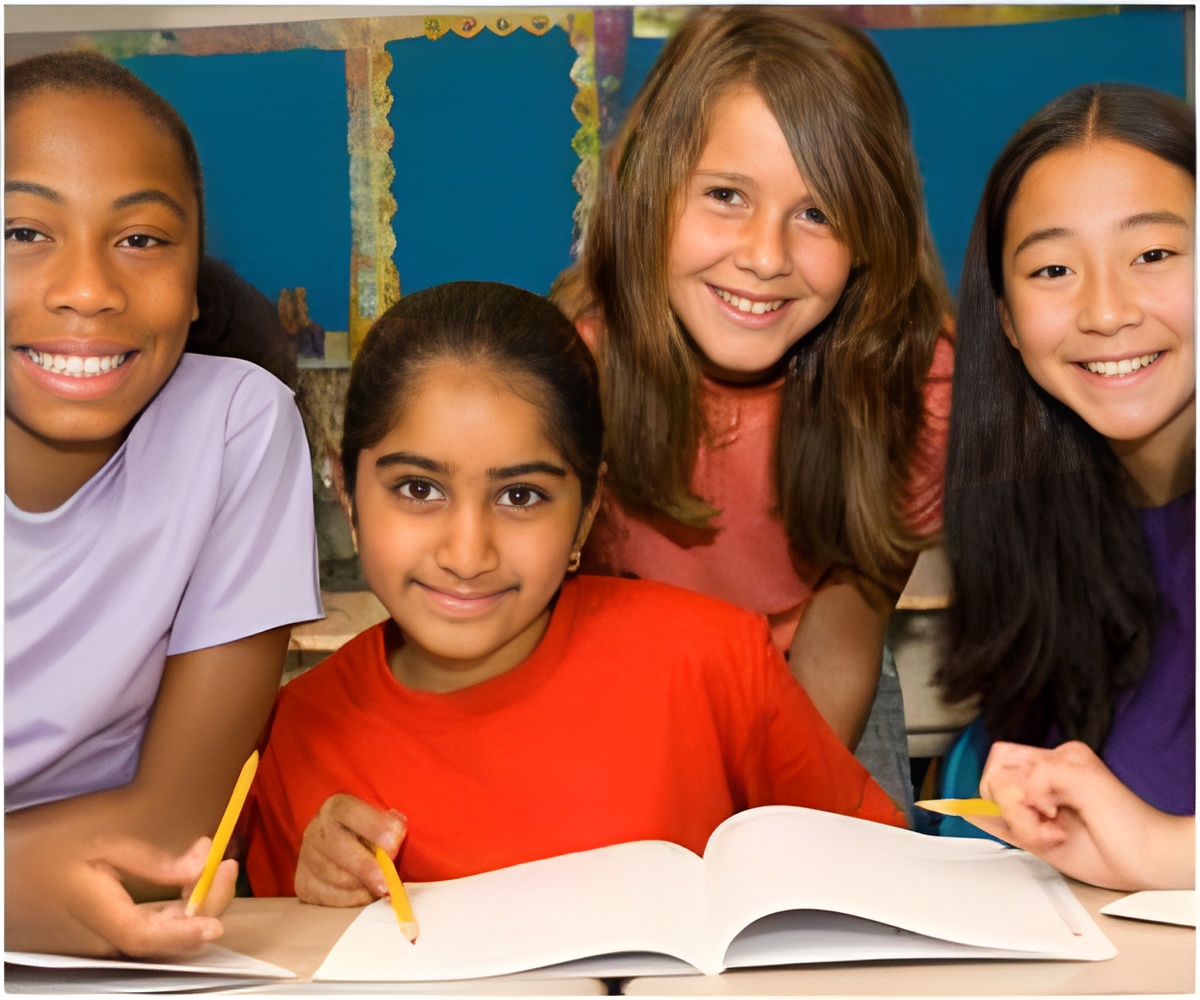Psychological scientists have found that intervention programs are the best to help children who face difficulty in reading-comprehension.

Psychological scientists Paula J. Clarke, Margaret J. Snowling, Emma Truelove, and Charles Hulme from the University of York in the United Kingdom conducted the study to see which of three intervention programs is most effective in improving children's reading comprehension.
8 and 9-year old children with reading-comprehension difficulties participated in one of three intervention programs- Text Comprehension training (TC), which emphasized metacognitive strategies (re-reading and visualization) and involved working with written texts; Oral Language training (OL), which emphasized vocabulary and exclusively involved spoken language; and TC and OL training combined (COM) that integrated components from both training programs.
The performance of the children was assessed before they started the training program, during the program, and 11 months after they completed their program.
The study concluded that while all three of the training programs helped to improve reading comprehension, the largest long-term gains occurred for children who were in the OL training group.
"The OL and COM groups also showed improvements in knowledge of the meanings of words that they had been taught and these improvements, in turn, helped to account for these children's improved reading comprehension skills," said the authors.
According to the authors, the findings suggest that, "deficits in oral vocabulary may be one important underlying cause of children's reading-comprehension problems."
Source-ANI
 MEDINDIA
MEDINDIA




 Email
Email




